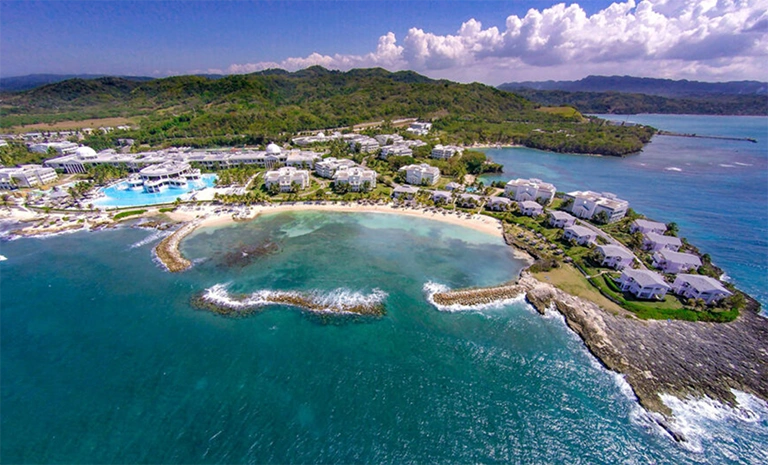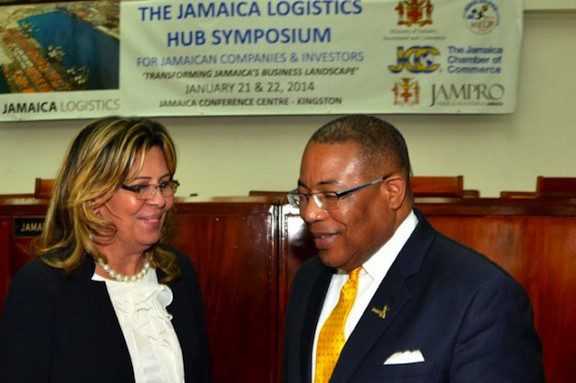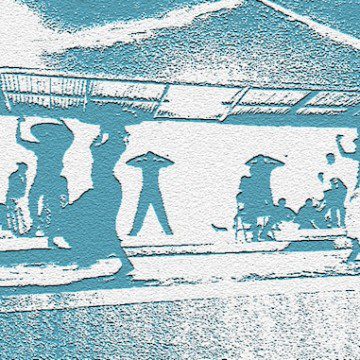Changing the Attitude in Jamaica

By Dennis Chung
CJ Contributor
PROBABLY THE best known sporting brand, Nike, has a very simple tagline — “Just do it.” If you think about it, the tagline simply means that the only way to get results is to act.
I have heard many people say that they have bought expensive exercise machines but have not used them, as if somehow the act of purchasing the latest equipment or the latest Nike shoe, or in my sport of choice, purchasing the most competitive bicycle is enough to cause a result.
The fact is, most times the result you can get with action and inferior equipment is much more than you get with the best equipment and little action. So as I tell persons who express interest in cycling and who ask me what is the most important part on the bicycle, I tell them the rider.
This is a problem I find with people also. That is they are afraid to just take a decision. So they end up investigating and arguing a point that is really a very irrelevant part of what they are supposed to do. In other words, they fail to see the big picture because they are preoccupied with the small stuff, and end up losing more because they focus on the small items while the opportunity cost of not focusing on the bigger picture is greater than the cost they are focusing on.
This is the primary reason why external audits don’t focus on every single transaction, and use risk-based assessments. That is because to focus on every single transaction would mean a never-ending costly audit where no audit opinion would be passed.
This lack of “just do it” attitude, or implementation, is something that Jamaica has suffered from as far as I can remember.
As a country, We must hold not only the world, but universe, record for having the most studies which have not been acted on. So I find that there have been many analyses and studies about what has been, and continues to be wrong with Jamaica’s social and economic environment.
And in most cases they have all been correct, and have some well laid out action plans. The problem is that they have failed to “just do it.” So most of these studies sit on shelves and are either lost or ignored, and so we end up having another study, similar to the previous ten, which arrive at the same conclusion.
This in my view is the fundamental difference between Jamaica’s IMF agreement and the previous ones. If you look at all the previous agreements, I am sure that they will have all outlined the same problems for Jamaica. But for the first time it seems as if we are “just doing it.”
And I will admit that it is early days yet, but the fact is that we have shown that we are willing to take the risk to meet the fiscal targets and legislative reforms. This has been demonstrated by the removal of the waiver discretion from the minister, the passing of the tax
incentive legislation, security in personal property legislation, introduction of the super form, and tabling of the insolvency act. There is still a lot more to come, least of which is not the fiscal rules and overall tax reform, but at least we have seen a commitment to meet the fiscal targets (through expenditure reduction) and pass the legislative reforms as projected.
In fact, what this is doing is changing the environment to ensure greater competitiveness, so that risk and reward is now driven by market forces rather than by government directive. This is the significant game changer that I wrote about in my first book, Charting Jamaica’s Economic and Social Development, in 2009, where I concluded that in order to change our economic fortunes we had to change the political system, as the Westminster model concentrates too much power in the hands of the governing party.
What we will see with the implementation of the fiscal rules, and already the removal of the waiver discretion from politicians, is tantamount to a shift in the power under our political system. So instead of changing the political arrangement, what we have done is remove the power from the politicians to abuse the budget, or influence the market, through legislation. This is the same effect as changing the political system to one where less power rests with government. This supports the view that the problem with the economy has been our political arrangements, and more specifically too much political influence concentrated in one set of hands.
This is why I believe that today we stand a better chance of changing our economic fortunes than in the past. There still, however, remain significant risks. However, with the implementation of each new piece of legislation, and ultimately the fiscal rules, the risks decrease. The two biggest ones to be addressed now are crime and bureaucracy.
While we must commend the government for taking this action, we must also continue to demand that as a country we stick to the programme, and just do it.
Dennis Chung is a chartered accountant and is currently Vice President of the Institute of Chartered Accountants of Jamaica. He has written two books: Charting Jamaica’s Economic and Social Development – 2009; and Achieving Life’s Equilibrium – balancing health, wealth, and happiness for optimal living – 2012. Both books are available at Amazon in both digital and paperback format. His blog isdcjottings.blogspot.com. He can be reached at drachung@gmail.com.







